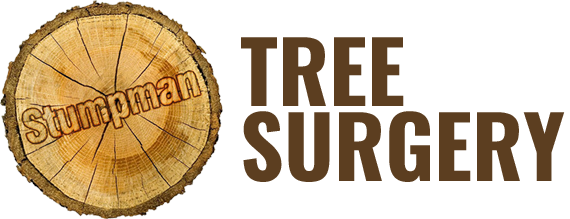This is a more invasive method used to manage tree crowns, typically when there are safety risks to the tree or nearby structures. For instance, it may be necessary when a large tree encroaches on power lines or overhead cables, or if there is damage or disease in the root system that could lead to decay. Efforts are made to reduce the crown size while preserving the tree’s aesthetics. However, due to its invasive nature, crown reductions can cause stress to the tree and are often considered a last resort.
Tree Pruning Services
Crown Reduction
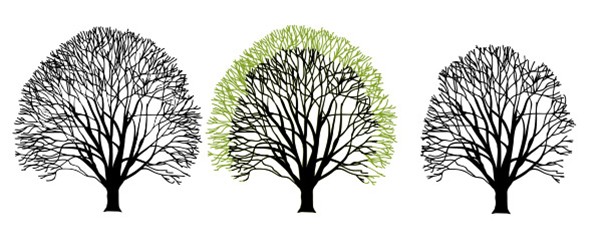
Crown Thinning
This arboricultural technique is designed to reduce the density of a tree’s crown, thereby allowing more natural light to penetrate through to buildings or land below. Additionally, it enhances airflow and decreases wind resistance, which can lower the risk of storm damage. Crown thinning is also effective in maintaining the tree’s shape as it matures, preventing overgrowth and imbalance. It provides an opportunity to remove large or damaged limbs that pose a risk of falling, potentially causing property damage, injury, or even loss of life. Importantly, crown thinning does not alter the overall size or structure of the tree.
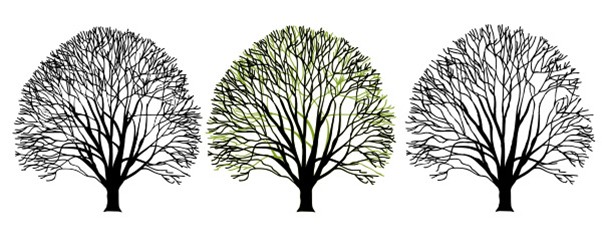
Crown Lifting
This is a specialised tree surgery technique that involves the selective removal of branches from the lower portion of the tree. This process enhances sunlight penetration in adjacent areas and facilitates improved access to the tree’s immediate vicinity.
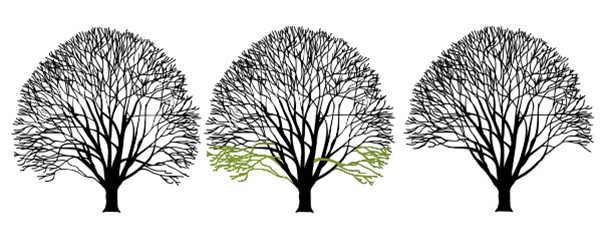
Dead Wooding
Our expert tree surgeons specialise in dead wooding, targeting non-living branches that have aged naturally or been impacted by external factors. We prioritise the removal of dead wood that threatens safety and property, ensuring the preservation of wildlife habitats.
Pollarding
This is a cyclical pruning technique used by tree surgeons to promote the growth of multiple stems in young trees. By cutting the top of the tree at a predetermined height, the remaining branches are encouraged to develop, creating a dense, multi-stemmed structure. These stems are then harvested for use as poles and firewood.
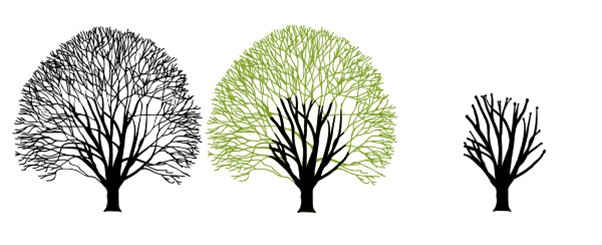
Your questions answered
Got questions about tree work, permits, or costs? Our comprehensive FAQ page answers everything you need to know, from TPOs and property damage to pricing and best practices.
Find Your Answers Here